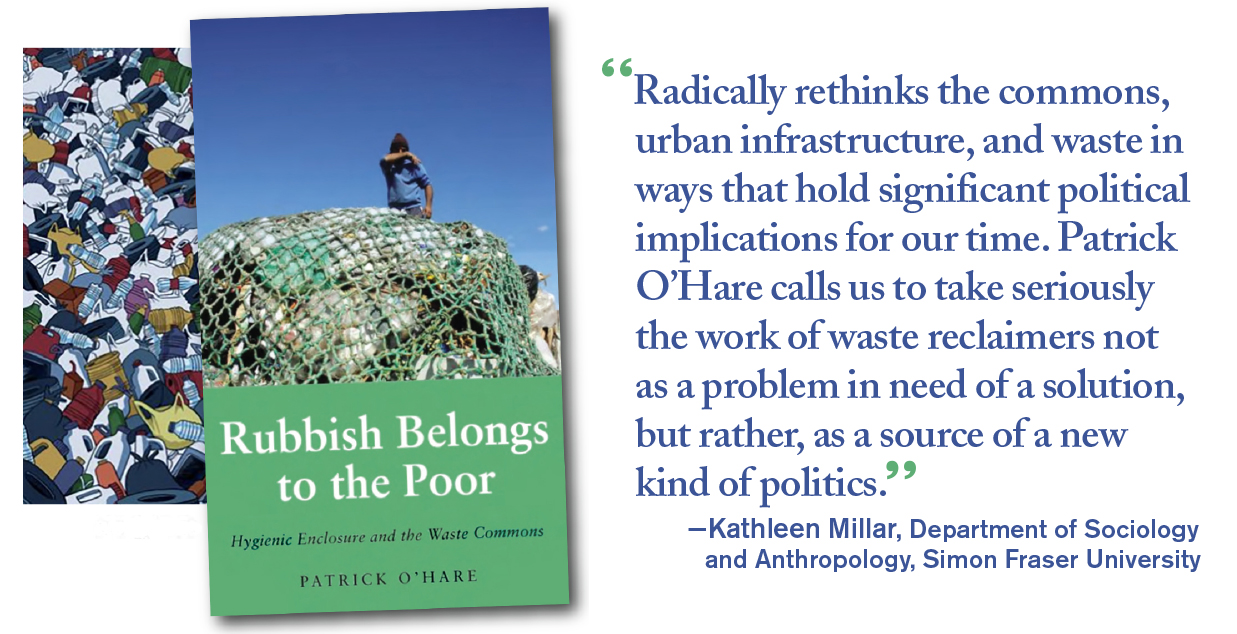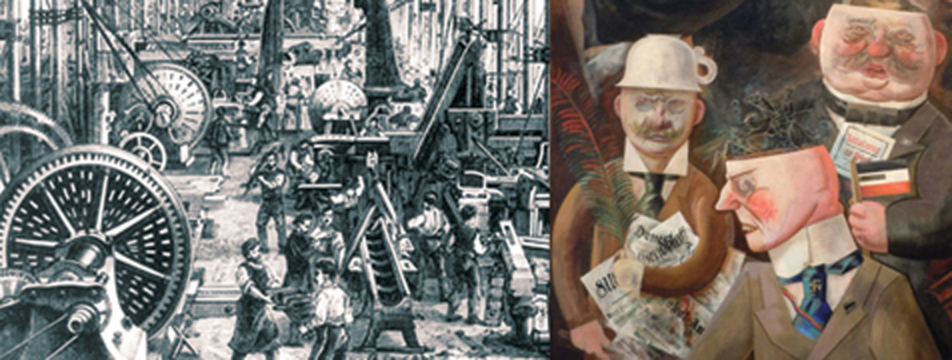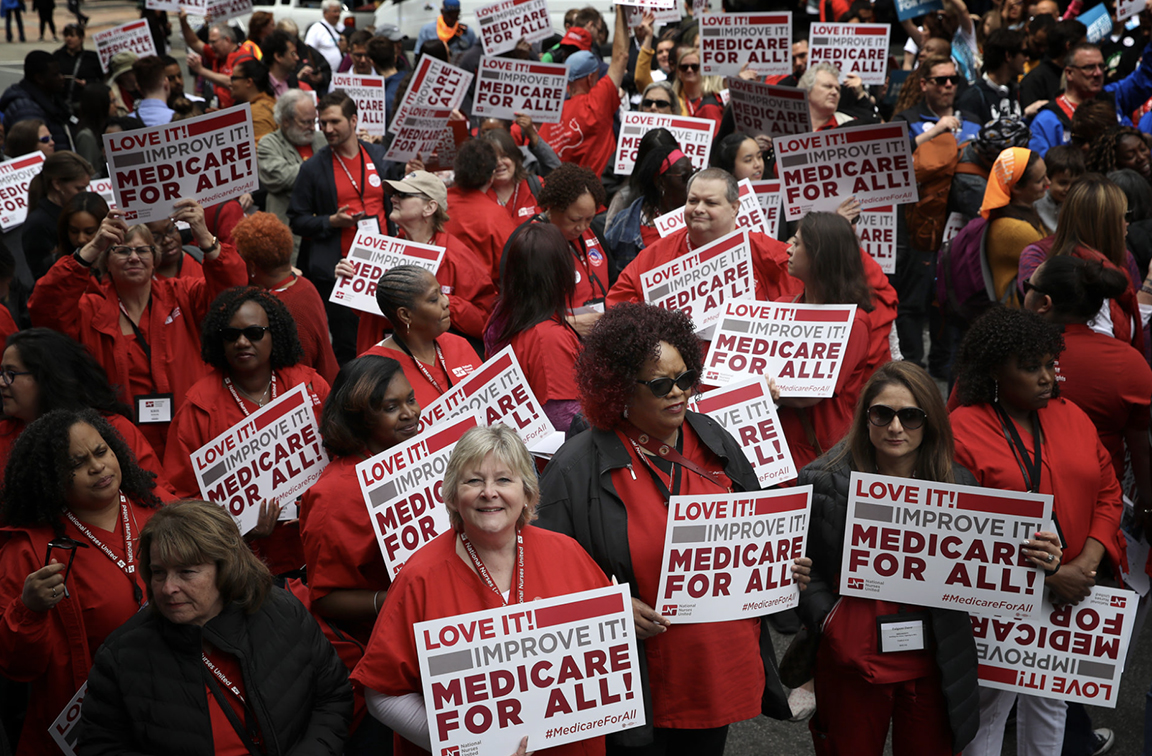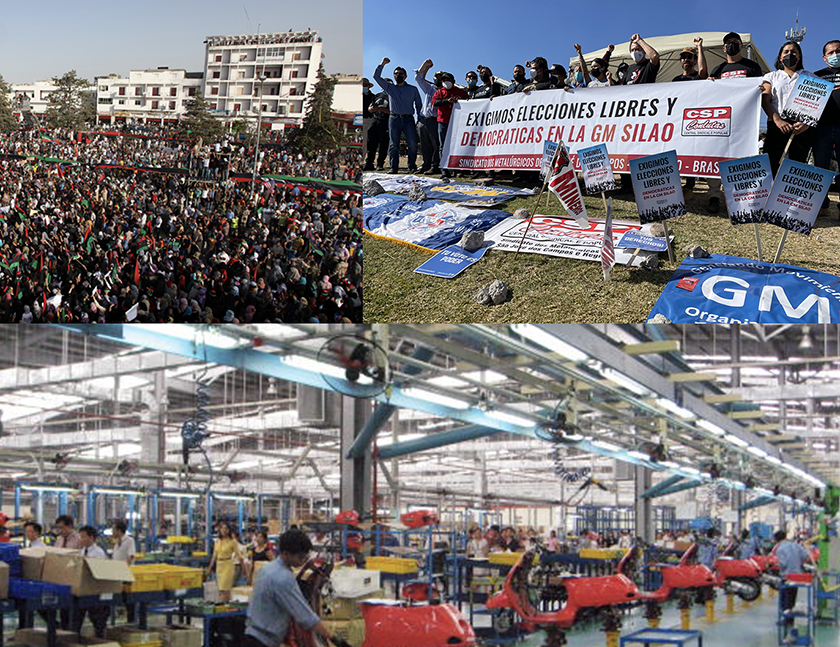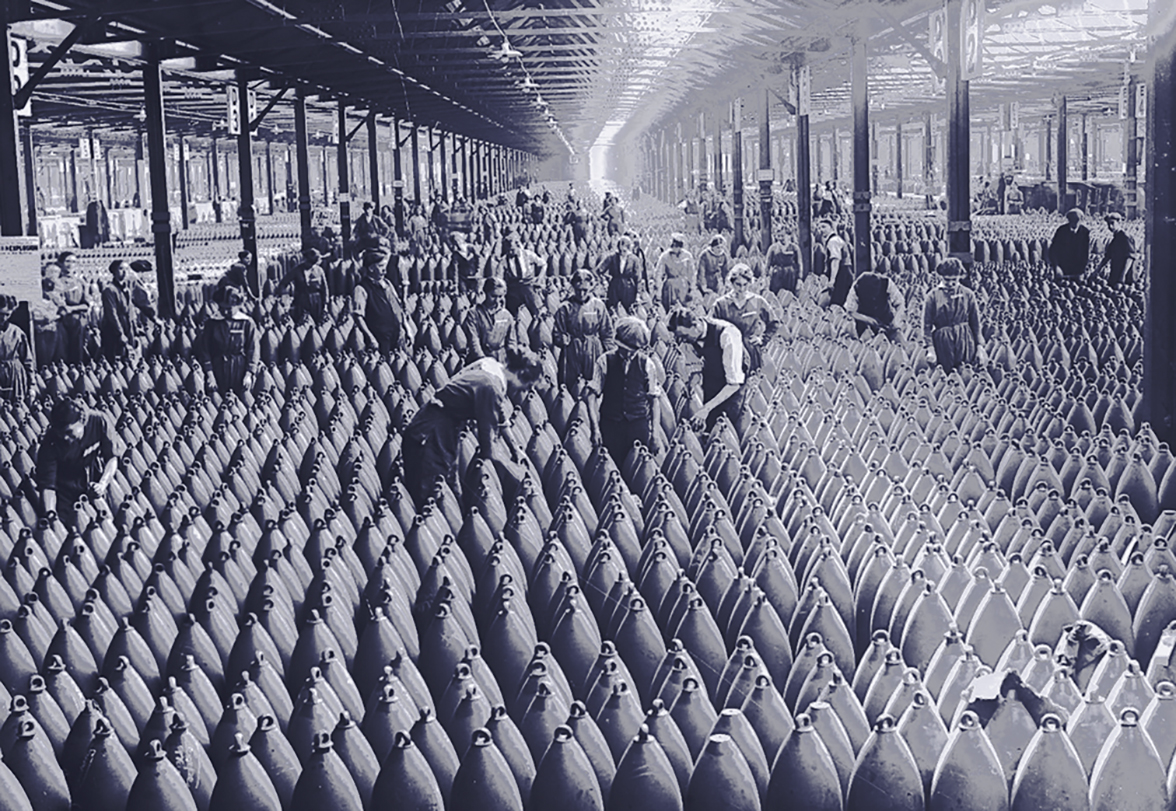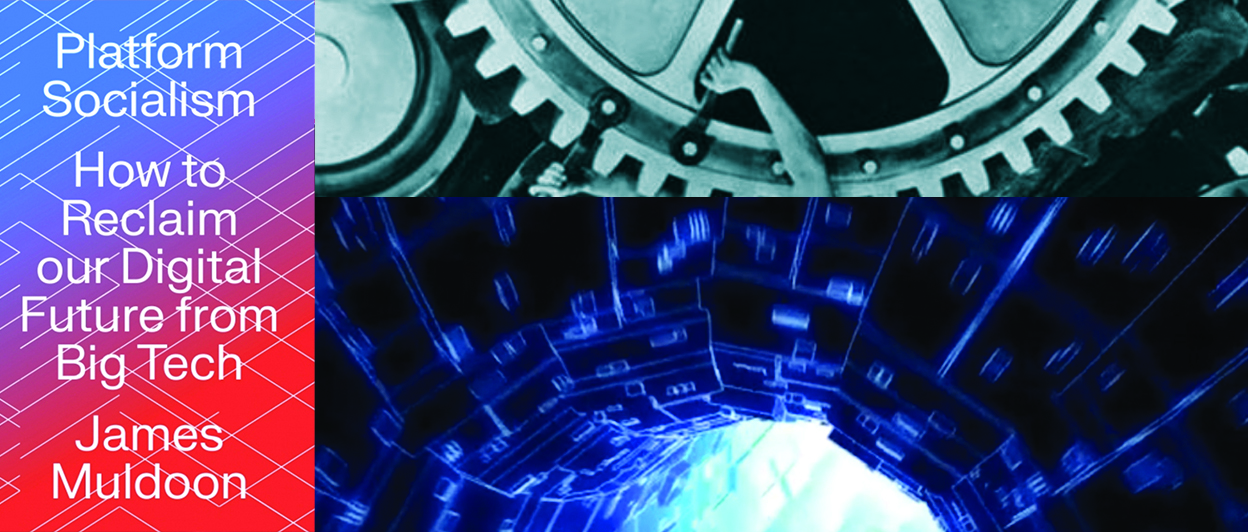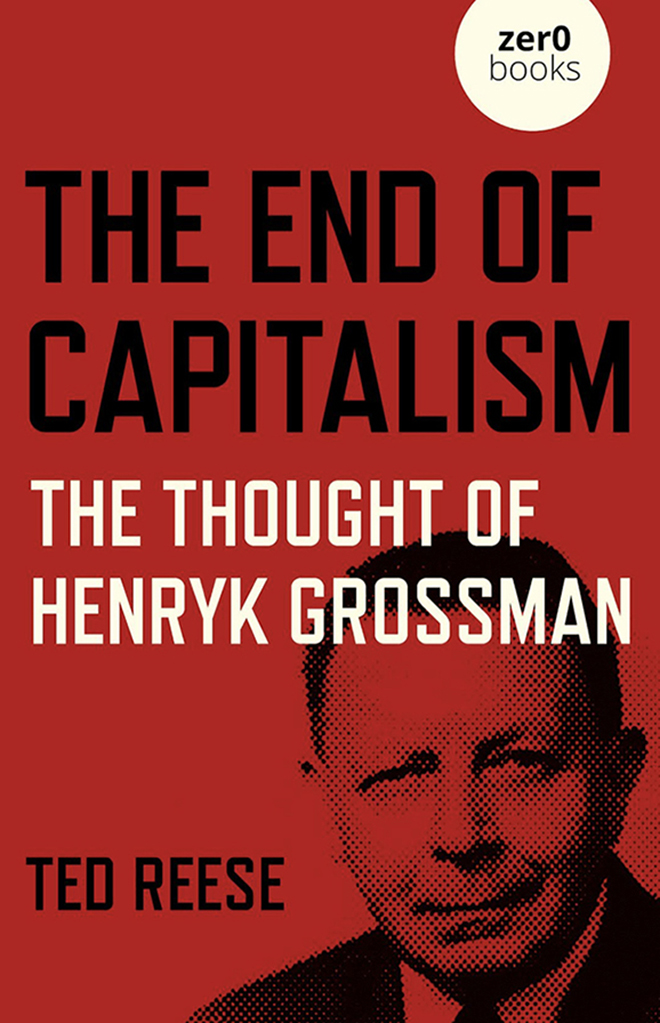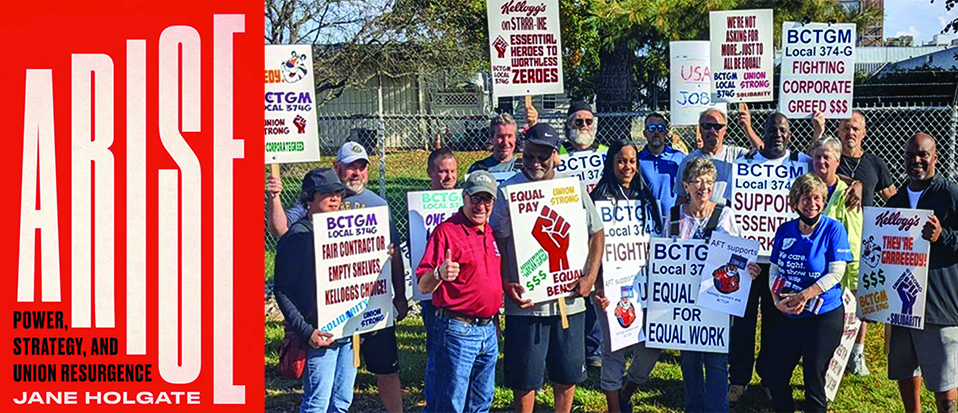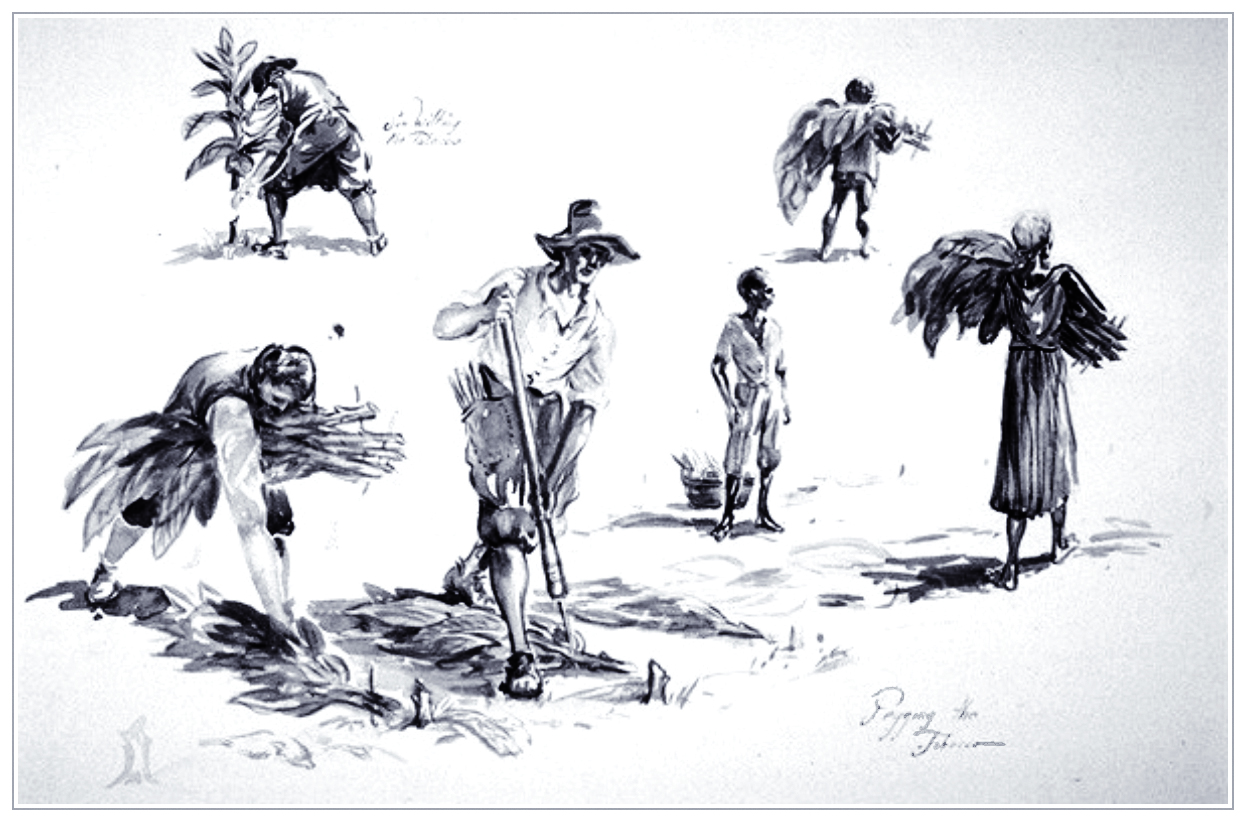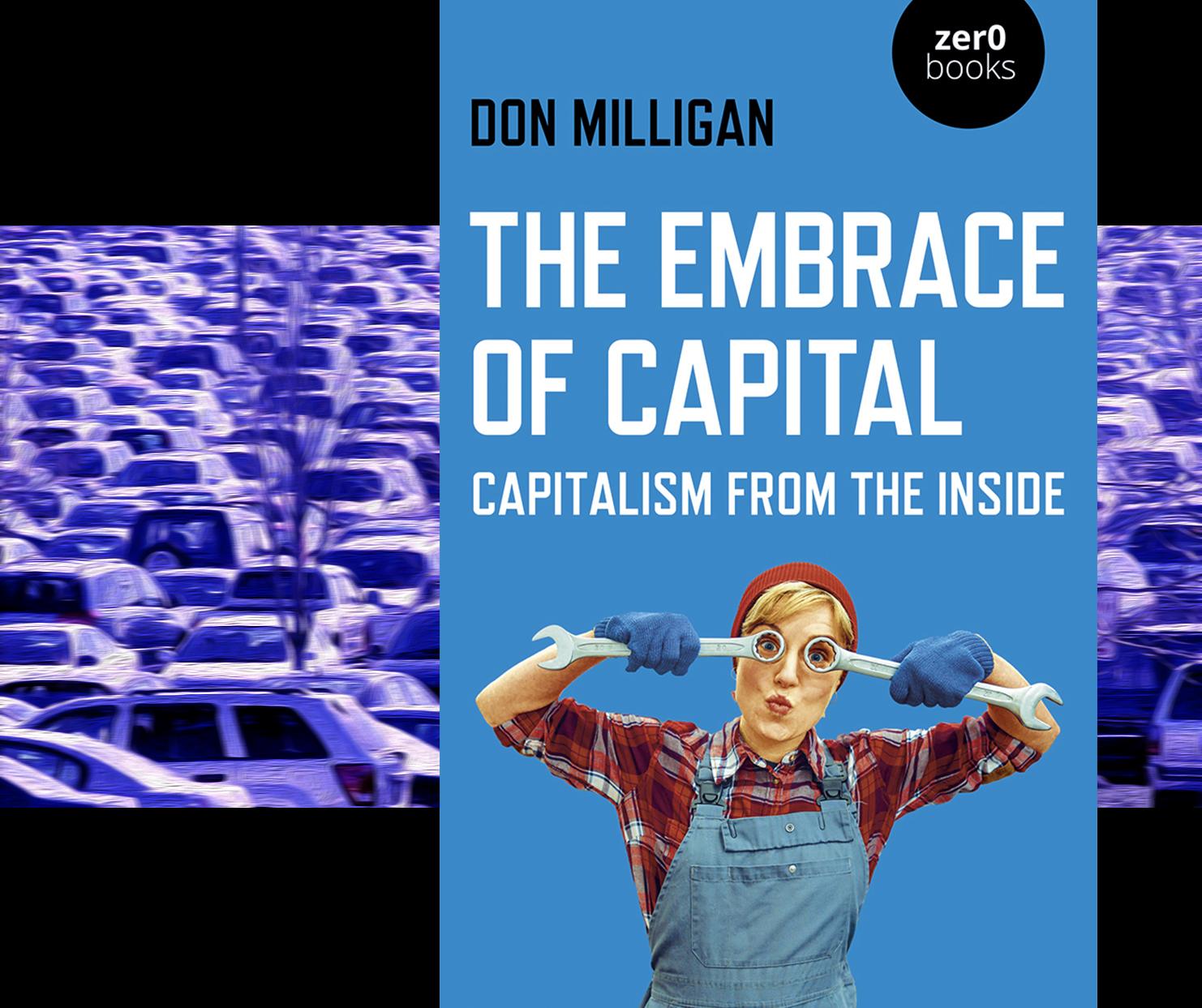Rubbish Belongs to the Poor
Rubbish. Waste. Trash. Whatever term you choose to describe the things we throw away, the connotations are the same; of something dirty, useless and incontrovertibly 'bad'. But does such a dismissive rendering mask a more nuanced reality? In RUBBISH BELONGS TO THE POOR Patrick O'Hare journeys to the heart of Uruguay’s waste disposal system in order to reconceptualize rubbish as a 21st century commons, at risk of enclosure.
Marx’s Grundrisse: Last two weeks until spring term
Online: Zoom link will be provided to registered participants“Forces of production and social relations – two different sides of the development of the social individual – appear to capital as mere means, and are merely means for it to produce on its limited foundation. In fact, however, they are the material conditions to blow this foundation sky-high…” —Karl Marx, The Grundrisse
After the Pandemic: Rebuilding the Medicare for All Movement
The Covid crisis drove home both the absurdity of linking healthcare to employment and the importance of treating healthcare as a decommodified public good. But the politics of the emerging post pandemic period are not conducive to big, transformative initiatives like Medicare for All.
Global Political Struggles of the Working Class
The Double Consciousness of Capital with author DAVID HARVEY
Social Sources of Political Polarization in Russia with authors ILYA MATVEEV and OLEG ZHURAVLEV
The Far Right, Corporate Power, and Social Struggles in Brazil with authors VIRGINIA FONTES, ANA GARCIA and REJANE HOEVELER
The Solutions are Already Here with author Peter Gelderloos
Across the world, grassroots networks of local communities are working to realize their visions of an alternative revolutionary response to planetary destruction, often pitted against the new megaprojects promoted by greenwashed alternative energy infrastructures and the neocolonialist, technocratic policies that are the forerunners of the Green New Deal.
Gelderloos interviews food sovereignty activists in Venezuela, Indigenous communities reforesting their lands in Brazil and anarchists fighting biofuel plantations in Indonesia, looking at the battles that have cancelled airports, stopped pipelines, and helped the most marginalized to fight borders and environmental racism, to transform their cities, to win a dignified survival.
Animals and Capitalism: Reading and Reflecting on ‘Porkopolis’
The main reading for these sessions will be Alex Blanchette’s PORKOPOLIS: AMERICAN ANIMALITY, STANDARDIZED LIFE, AND THE FACTORY FARM, with supplemental texts on nonhuman animal work in the history of capitalism, Marxism and animal liberation, biological reproduction in animal agriculture, and related topics.
Never-Ending War!: Novels on Conflict, Resistance and Resilience
“Fiction gives us empathy: it puts us inside the minds of other people, gives us the gifts of seeing the world through their eyes. Fiction is a lie that tells us true things, over and over.” – Neil Gaiman
The Marxist Education Project Lit reading group revisits some literary classics along with contemporary novels that are prescient and compelling –challenging us to think about our understanding of history and how we will confront the present moment.
Platform Socialism: How to Reclaim Our Digital Future from Big Tech
James Muldoon shows how grassroots communities and transnational social movements can take back control from Big Tech. He reframes the technology debate and proposes a host of new ideas from the local to the international for how we can reclaim the emancipatory possibilities of digital platforms. Drawing on sources from forgotten histories to contemporary prototypes, he proposes an alternative system and charts a roadmap for how we can get there.
The End of Capitalism: The Thought of Henryk Grossman
Henryk Grossman is a name most socialists or students of political and social theory, let alone the mass of working people around the world, have probably never heard of. Yet Grossman, a Polish Jew born in 1881, deserves recognition as the most sophisticated proponent since Karl Marx of a devastating claim about the nature of our social world. For, if Grossman’s neglected but brilliant insight into economics is correct, then capitalism – the social system that has dominated life all over the globe for the past few centuries – may well be entering what he called its ‘final breakdown’.
The claim that capitalism is unsustainable has been ridiculed since the collapse of the Soviet Union in 1991. Capitalists declared ‘the end of history’ – their system had proven to be the stronger and would go on uncontested until the heat death of the universe. The same view dominated after the 1883 death of Marx, whose three-volume masterpiece Capital exposed capitalism as a crisis-ridden and historically transient economic system (mode of production).
El Golpe: US Labor, the CIA, and the Coup at Ford in Mexico
It’s 1990, and US labor is being outsourced to Mexico. Rumors of a violent confrontation at the Mexican Ford Assembly plant on January 8 reach the United Auto Workers (UAW) union in the US: nine employees had been shot by a group of drunken thugs and gangsters, in an act of political repression which changed the course of Mexican and US workers’ rights forever. Rob McKenzie was working at the Ford Twin Cities Assembly plant in Minnesota when he heard of the attack. He didn’t believe the official story, and began a years-long investigation to uncover the truth. His findings took him further than he expected – all the way to the doors of the CIA.
Building Alternatives in Rojava: Women’s Liberation & Cooperative Economy
Our speakers will trace the development of the Kurdish women’s movement and discuss the growth of Rojava’s cooperative economy, highlighting women’s autonomous economic organizing.
Emre Sahin is a participant and researcher of social movements, particularly the Kurdish movement, and a sociologist at Binghamton University.
Meghan Bodette is a researcher focused on Turkey, Syria and Kurdish issues.
The Marx Revival: John Bellamy Foster and Marcello Musto
The Marx Revival: Key Concepts and New Interpretations
A focus on Ecology with John Bellamy Foster and a presentation on Communism with Marcello Musto.
“Scornful neglect and intemperate hostility, haughty dismissal and marginal course adoption, selective co-optation and selective bowdlerization: these are some of the strategies of establishment intellectuals over the years in response to the challenger of the thinker born 204 years ago in Trier. Yet, here we are near the beginning of the third decade of the 21st century, and it sometimes seems that Karl Marx’s ideas have never been as topical, or as commanding of respect and interest, as they are today.” —Marcello Musto, from the Preface, The Marx Revival
Arise: Power, Strategy and Union Resurgence
Drawing on history and case studies of unions developing the effective use of power, Jane Holgate’s book lays out strategies for moving beyond the pessimism that prevails in much of today’s union movement. By placing power analysis back at the heart of workers’ struggle, the chapters of Arise demonstrate that transformational change is not only possible, but within reach.
The Invention of the White Race
In 1972, after over 30 years of activism in the labor and communist movements, Allen shared the following strategic insight with a new generation of revolutionaries: “The most vulnerable point at which a decisive blow can be struck against bourgeois rule in the United States is white supremacy. White supremacy is both the keystone (in the arch) and the Achilles heel of U.S. bourgeois democracy, the historic form of bourgeois rule in the US. It is a vulnerable point because it is a historically developed and unresolvable internal contradiction of US bourgeois democracy. It is the decisive vulnerable point because – as history has repeatedly proved – the basic class contradictions in bourgeois democracy can never fully mature until and unless the anti-proletarian nature of white supremacy has been completely established in the minds of the proletarian masses.”
Allen spent the next 20 years researching the primary sources and writing his magnum opus.
The Embrace of Capital with author Don Milligan
The "spectre of communism" which Karl Marx confidently evoked in 1848 is now nothing more than a ghostly and ghastly nightmare, without form or substance. This is because working people have developed a love-hate relationship with capitalism. They hate insecurity, inequality, and greed, and love civic and political freedom. They love mass consumption, and accept the logic of commerce. Barreling along through wars, revolutions, epidemics, and crises of all sorts, working people in their millions have consistently dumfounded and dismayed the left, by their refusal to countenance any alternative to the capitalist mode of life. We have to ask: Is it possible to reverse this reality, and once again talk of the necessity of communism?

